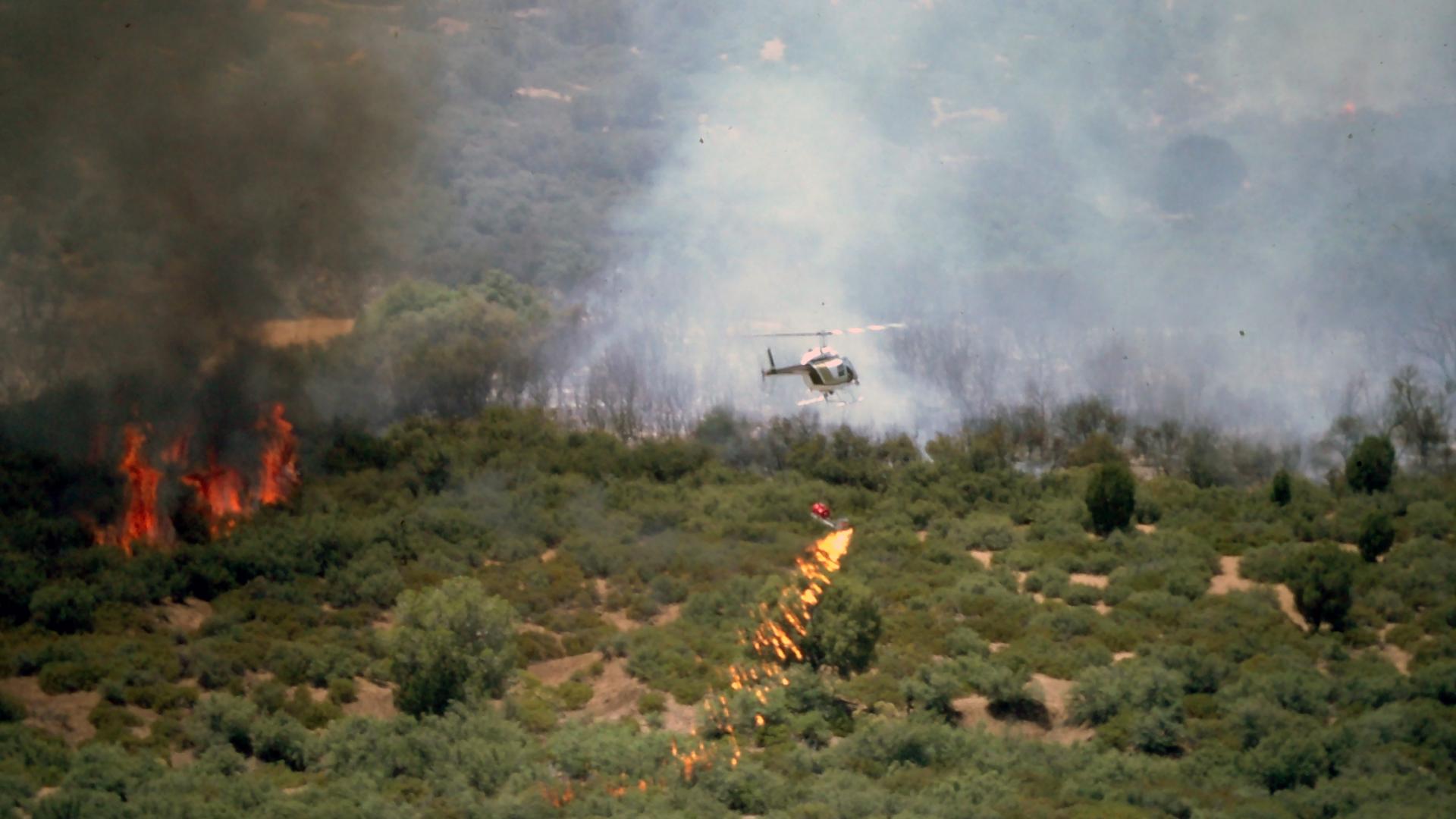
- Body
"On these landscapes four options exist for fire management... Simply put: You can do nothing, and leave the fires to God and nature. You can try to exclude fires and suppress those that do break out. You can do the burning yourself. Or you can change the combustibility of the landscape such that fires, whether from accident, arson, lightning, or prescription behave in ways you favor...Proper fire management requires bits of each, mixed to proportions suitable to the taste of particular sites."
(Tending Fire: Coping with America's Wildland Fires by Stephen J. Pyne, 2004, pg. 69).Science can help us understand historic fire regimes, describe the benefits and impacts to ecosystems from different fire scenarios, and model fire behavior. Only humans can decide their role in fire management. Resource and property damage compel suppression, but at what cost? Some fires probably should be started or allowed to burn. How do we decide which ones? Thinning overgrown brush and forests can help prevent catastrophic crown fire. Can this be done in an ecologically sensitive manner that we all agree upon? How widely should it be applied? What role does wildfire play in global climate change and how do we decide when open fire is threatening public health? Decisions about how to respond to fire will be political ones based on society's values.